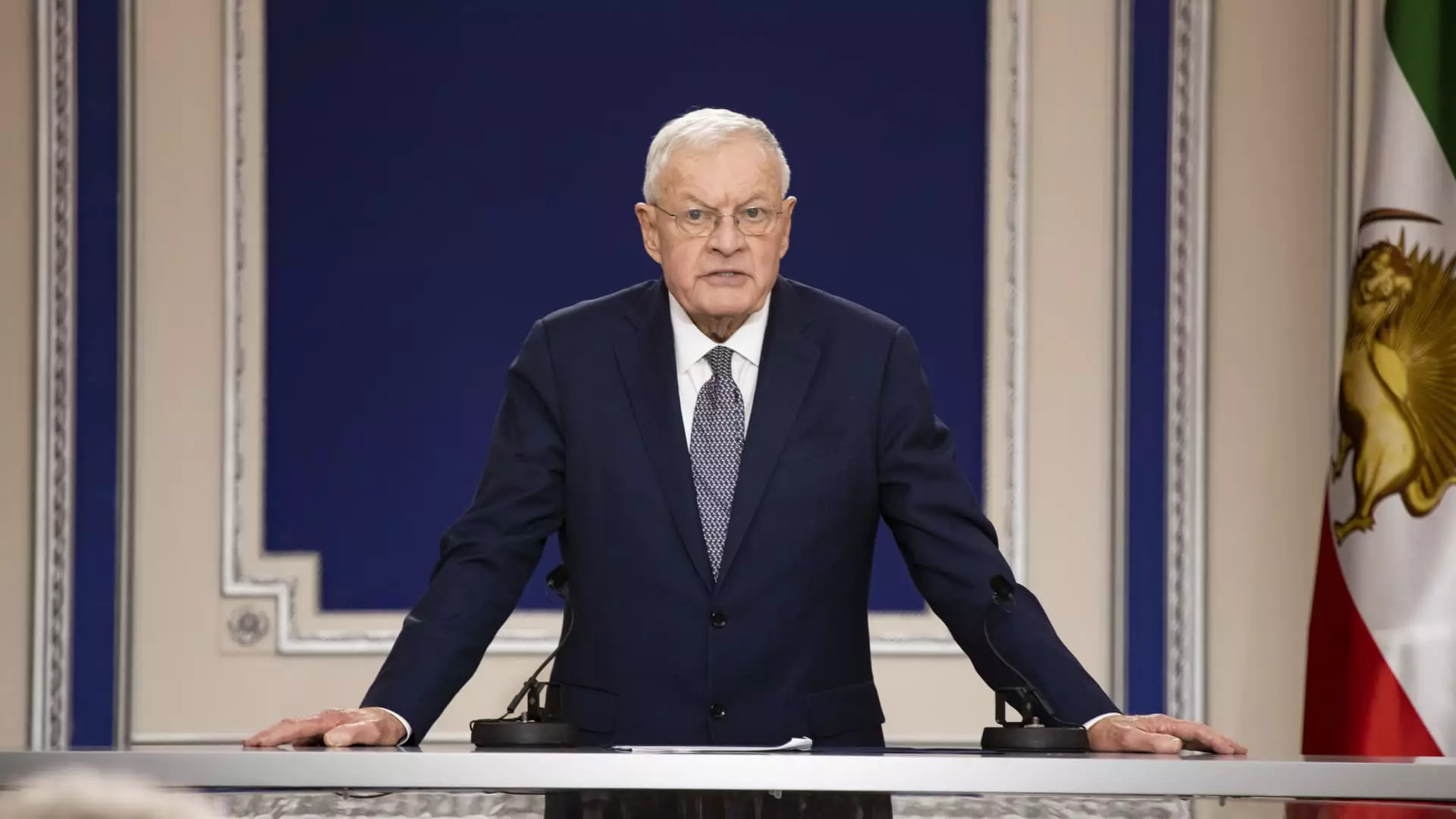The ongoing conflict between Ukraine and Russia has garnered international attention, particularly due to its implications for regional stability and global security. Recent comments made by the U.S. Special Presidential Envoy Keith Kellogg have sparked discussions about a potential peace plan that could be on the table in the near future. The urgency of his remarks, combined with the complexities of international diplomacy, highlights several critical factors that will influence the peace negotiations.
The Urgency for a Peace Plan
Kellogg emphasized the need for a swift resolution, indicating that negotiations could yield results in days or weeks rather than months. He referred to the approach of former U.S. President Donald Trump, implying that decisive action and rapid outcomes are necessary to address the crisis effectively. This “Trump time” mentality underscores a broader expectation within international diplomacy that urgent situations demand rapid responses. While the inclination for quick solutions is understandable, it raises questions about the sustainability of any negotiated outcomes. Rapid decisions can overlook crucial details that, if ignored, may lead to the reemergence of conflict.
The “dual-track” approach that Kellogg outlined involves separate dialogues with both Russia and Ukraine, as well as their allied nations. This method allows for a more nuanced understanding of each party’s perspectives and demands. However, it also complicates the process as aligning these different interests can become challenging. The fact that Europe is not physically present at the negotiation table, yet its interests are crucial, showcases the intricate nature of multilateral diplomacy. Kellogg’s assurance that Europe and Ukraine would not be excluded from discussions is vital, but the effectiveness of engaging them indirectly must be evaluated. A strategy that fails to incorporate their views explicitly could undermine the legitimacy of any peace agreement.
The importance of European involvement in peace negotiations cannot be overstated. European leaders, such as Croatia’s Prime Minister, have articulated clear expectations that any peace deal must preserve Ukraine’s territorial integrity. The transatlantic relationship between Europe and the U.S. is foundational to collective security. Thus, sidelining European interests in discussions could lead to political friction and potentially weaken NATO’s unity, particularly at a time when geopolitical tensions are high. The overarching framework for European security is at stake, and the voices of European leaders must be acknowledged to ensure a robust approach to policy-making.
The uncertainty surrounding the current administration’s foreign policy priorities also adds layers to this negotiation process. As Iceland’s Prime Minister pointed out, many European leaders are grappling with skepticism regarding the U.S.’s intentions and commitment to its allies. This hesitation can create an environment of distrust that complicates cooperative efforts. The perception that the U.S. might prioritize bilateral deals over multilateral collaboration can erode the confidence of European nations, undermining the allied front that is essential to countering Russian aggressions.
For any peace plan to be viable and enduring, the principles of inclusivity must be front and center. Kellogg’s remarks signal a recognition of the need for Ukraine and European nations to be active participants in the peace process, rather than passive observers. However, achieving true inclusivity goes beyond mere participation; it necessitates an open dialogue where all stakeholders feel their concerns and interests are genuinely represented.
The road to peace is fraught with challenges, yet the commitment to sustainable solutions that address the underlying issues behind the conflict is paramount. Moving forward, negotiators must prioritize finding common ground and developing a framework that secures lasting peace—one that not only ceases hostilities but fosters reconciliation and cooperation among the involved nations. In an era when geopolitical stakes are remarkably high, the success of these negotiations will depend on strategic patience, inclusive dialogues, and solid frameworks to address the multifaceted dimensions of the Ukraine-Russia conflict.


Leave a Reply